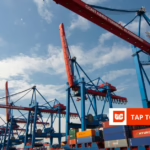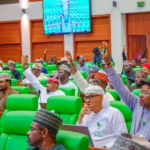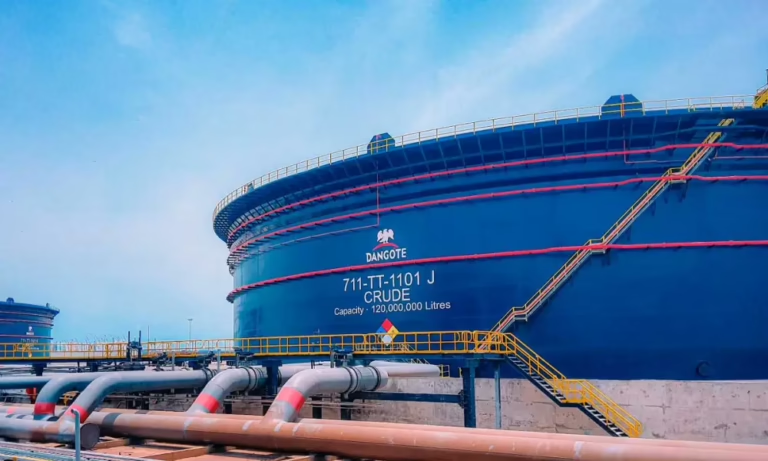The Nigeria Export Processing Zones Authority (NEPZA) management has reiterated that current legislation strictly forbids strikes and lockouts within Free Trade Zones (FTZs) for a duration of ten years.
Dr. Olufemi Ogunyemi, the Managing Director of NEPZA, made this clarification in Abuja amid ongoing disruptions caused by external union interventions that have unsettled operations at the Dangote Refinery located in Ibeju-Lekki, Lagos State.
Last week, the Petroleum and Natural Gas Senior Staff Association of Nigeria (PENGASSAN) halted key oil and gas activities, alleging that Dangote Refinery terminated 800 employees for joining the union.
Conversely, Dangote Refinery maintained that only a limited number of workers were dismissed due to acts of sabotage, framing the action as part of an internal restructuring process.
In a statement released by NEPZA’s Head of Corporate Communications, Martins Odeh, the Authority expressed concern over the intensifying labor dispute between the refinery and PENGASSAN, especially considering the refinery’s designation as a Free Trade Zone.
He emphasized that the union should have formally raised its grievances through NEPZA, in line with legal requirements, since the Authority operates a streamlined “One-Stop-Shop” system designed to expedite administrative procedures.
“According to Section 18(5) of the Nigeria Export Processing Zones (NEPZA) Act, ‘there shall be no strikes or lock-outs for a period of ten years’ from the start of operations within any Zone, and the Authority is mandated to resolve any trade disputes arising therein,” he explained.
This legal framework enforces a decade-long ban on strikes and lockouts inside Free Trade Zones, while still permitting employees to form or join trade unions and participate in collective bargaining.
“We are relieved that tensions have eased. As a recognized FTZ, Dangote Refinery enjoys tax benefits and customs duty exemptions that bolster the national economy, with NEPZA overseeing its regulation,” Odeh added.
“Nigeria’s Free Trade Zone initiative, now over three decades old, is governed by international standards designed to fast-track economic growth and industrial development,” he continued.
Dr. Ogunyemi highlighted that the NEPZA Act mandates collaboration among government bodies, industry regulators, and specialized agencies to respect the Authority’s ‘one-stop-shop’ role in managing the FTZ framework.
He reiterated that any labor disputes arising within a Free Trade Zone must be addressed through the Zone Authority, clarifying that this limitation applies solely within the FTZs and does not affect the wider Nigerian labor landscape.
Furthermore, the NEPZA CEO pointed out that Section 24(1) limits the application of external laws within the zones, allowing only those consistent with the NEPZA Act to be enforced inside the customs territory.
“Therefore, in instances where the Trade Unions Act or Trade Disputes Act conflict with Section 18(5), the latter prevails as the specific regulation governing Free Trade Zones,” he stated.
Dr. Ogunyemi expressed gratitude for President Bola Tinubu’s prompt intervention to defuse the conflict, underscoring it as a vital step in protecting a key national asset.
He concluded by noting that labor relations are integral to industrial progress and praised the swift resolution as a testament to the maturity of President Tinubu’s administration and its commitment to safeguarding economic stability.






















